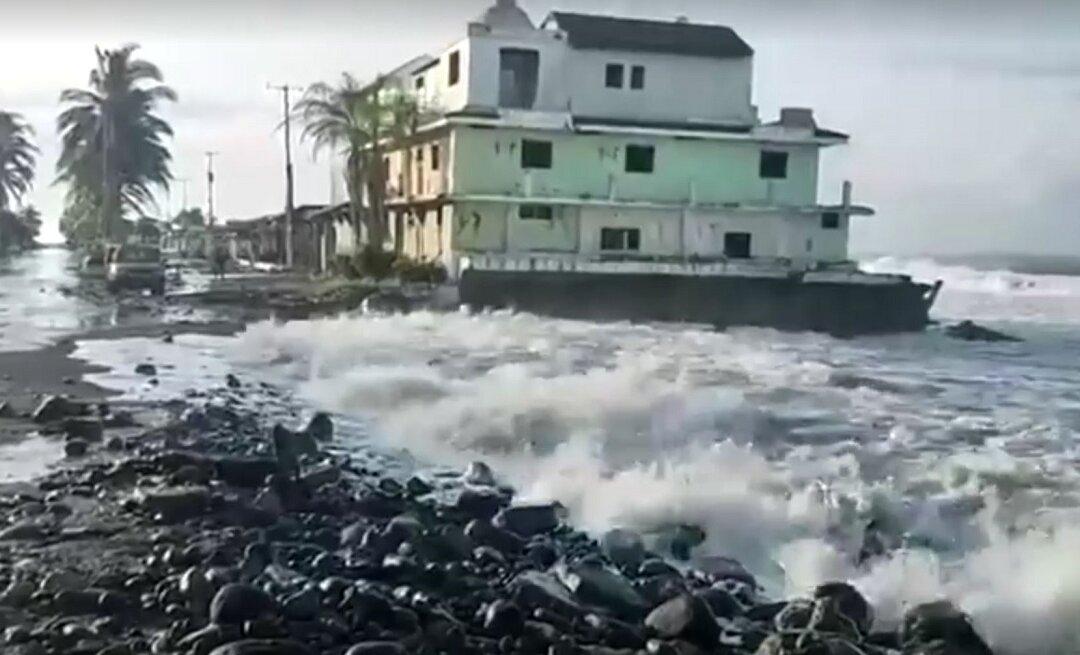BP is cutting 10,000 jobs as it reels from a crash in oil prices and tries to pivot toward renewable energy.
CEO Bernard Looney told employees on June 8 that the oil giant would reduce its global workforce by nearly 15 percent this year. Most of the cuts will affect office jobs.




